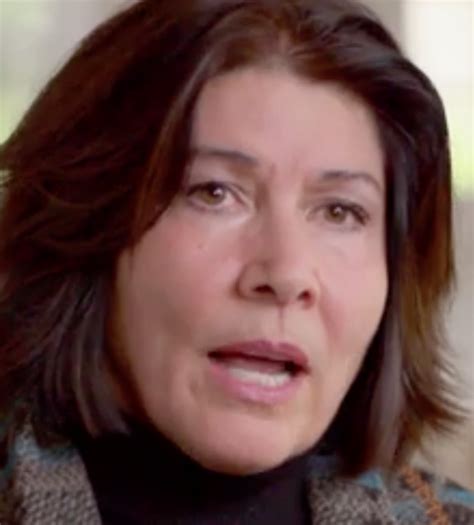A Quote by Barry Commoner
Nothing can survive on the planet unless it is a cooperative part of larger global life.
Related Quotes
To survive, China had to open up to the West. It could not survive otherwise. This was after many millions have died of hunger in a country that was like North Korea is today. Once we became part of global competition, we had to agree to some rules. It's painful, but we had to. Otherwise there was no way to survive.
In a society where all are related, simple decisions require the approval of nearly everyone in that society. It is society as a whole, not merely a part of it, that must survive. This is the indigenous understanding. It is the understanding in a global sense. We are all indigenous people on this planet, and we have to reorganize to get along.
The three pillars of development (economic, social and environmental) must be strengthened together. But it is evident that two of the pillars - economic and social - are subsidiary to, and underpinned by, the third: a vibrant global ecology. Neither dollars nor our species will out-survive our planet. The earth can survive happily without people or profit
I believe investors should invest for the long run, so I don't buy and sell. I usually maintain the classic index of global equities, diversified U.S. and global and emerging markets, and when the risk is larger, I diminish the amount in global equities and put more into liquid assets - but very irregularly.





































